Jeremy Hunt rules himself out of Tory leadership race – so who is in running to replace Rishi Sunak?

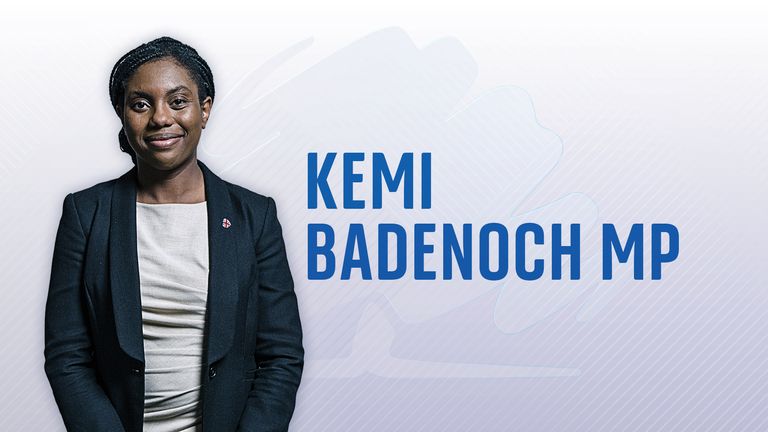
Jeremy Hunt has ruled himself out of the Conservative leadership contest, Sky News understands.
With the party now heading into opposition for the first time since 2010, the race is on to find its next leader.
So who is likely to throw their hat into the ring, what do they believe in and, crucially, do they have the backing of party members?
Ms Badenoch, the ex-business secretary, is seen as a darling of the right and has impressed some in the party with her no-nonsense approach.
One of her strongest advocates is Michael Gove, the former levelling up secretary who stood down as an MP at the election.
Ms Badenoch held on to her safe seat of Essex North West in the election.
She ran in the first Tory leadership contest of 2022 following Mr Johnson’s resignation. She finished fourth out of eight candidates in the first ballot of MPs, before eventually being eliminated in the fourth round of voting.
Ms Badenoch has been outspoken on issues including women’s rights, equality and identity politics.
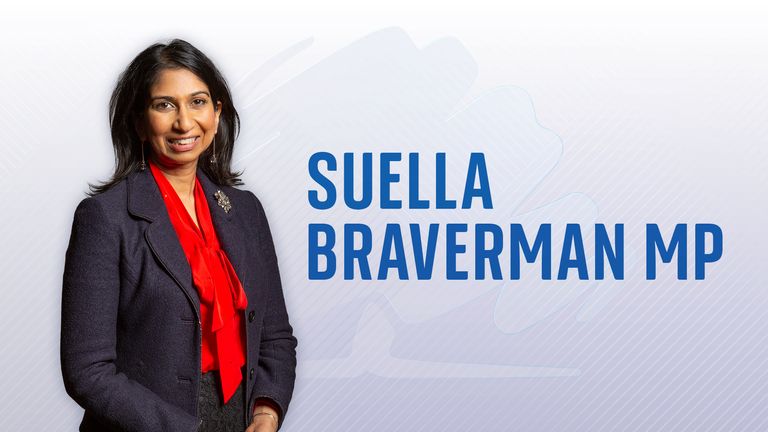
Ms Braverman has cultivated a reputation on the right as someone who is not afraid to voice controversial opinions on immigration and law and order.
Advertisement
She was brought in by Mr Sunak to cater to the right of the party as home secretary, where she commanded support.
Her sacking in November 2023 – following comments that homelessness was a “lifestyle choice” – may have affected her standing among Tory MPs.
However, her hardline stance on immigration went down well with parts of the party membership.
She held her Fareham and Waterlooville seat despite a challenge from the Liberal Democrats.
Read more:
Who is your local MP now? Find out here
Who won the popular vote?
Which Tory big beasts have lost their seat?
Before the election, Ms Braverman called for the Tories to work with Reform UK – and said the Conservatives should welcome Nigel Farage to the party.
Speaking after her re-election, she apologised and said that her party “didn’t listen” to the country.
“The country deserves better and we’ve got to do better and I will do everything in my power to rebuild trust. We need to listen to you – you have spoken to us very clearly,” she added.
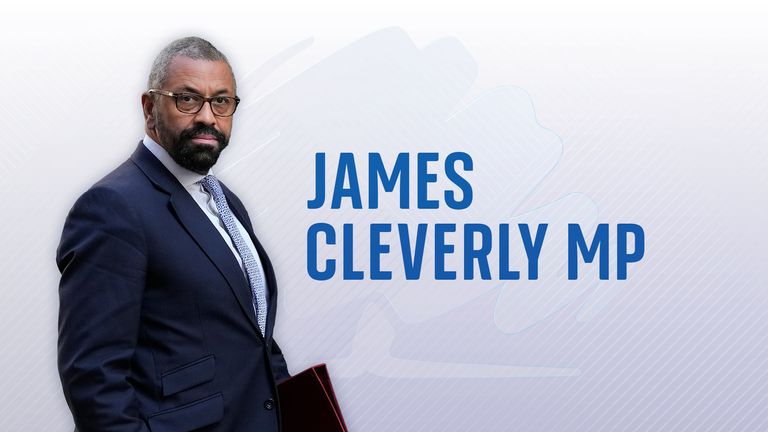
The recent former home secretary – and also former foreign secretary – is being talked about in moderate Tory circles as a candidate who could unify the party.
He held his seat in Braintree, Essex, in the election.
Mr Cleverly is one of the most experienced former cabinet ministers in the party and has also been its chairman.
A key part of his brief as home secretary was the plan to send asylum seekers to Rwanda – something he is said to have had reservations about in private, despite his denials.
He caused controversy last year – and was forced to apologise – after making a joke about date rape, which he admitted may have undermined the government’s work to tackle drink spiking.
It was reported before the election that he would not stand to replace Mr Sunak – but we are still waiting for an official announcement.
He said after his victory that he was “not going to rush to any quick judgements” about the result.
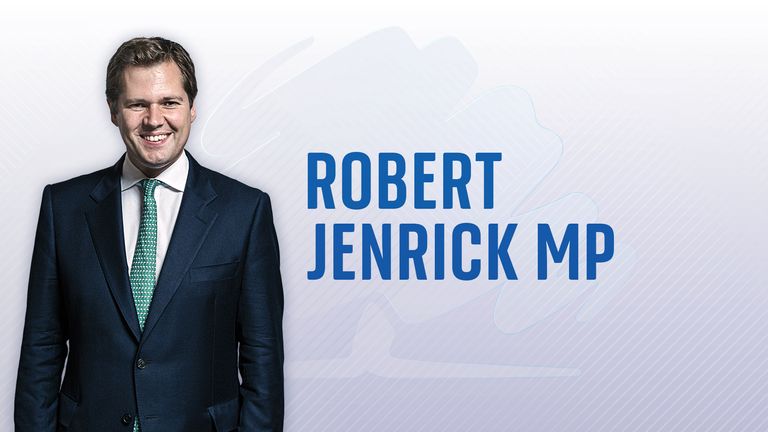
Mr Jenrick held several ministerial roles, including communities secretary – a position he lost in one of Mr Johnson’s reshuffles.
He was originally a Sunak loyalist and was appointed immigration minister, partly to keep the more right-wing Ms Braverman in check, according to reports.
However, Mr Jenrick later hit the headlines when he resigned over Mr Sunak’s Rwanda bill, saying he could not continue in his post when he had such “strong disagreements with the direction of the government’s policy on immigration”.
By the election, he too was acting as a voice on the right of the party.
His Newark seat in the East Midlands had been fairly safe in 2019 – but the result was much closer this time around.
However, his past actions – like fast-tracking a £1bn housing development proposed by a Tory donor – might come back to bite him.
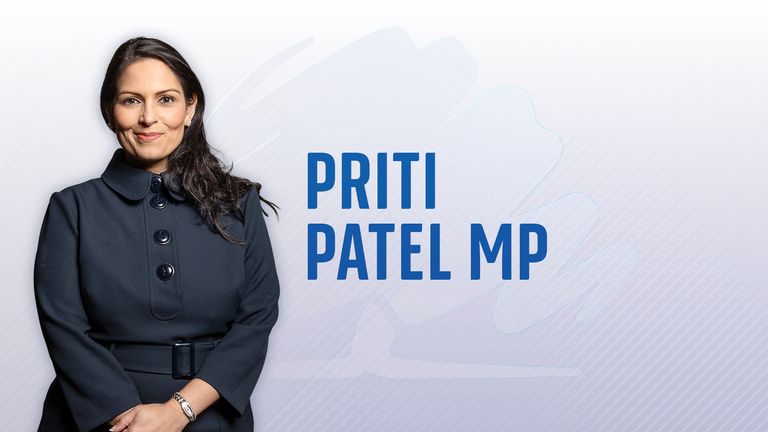
The former home secretary was a key torchbearer for the right before she was eclipsed by Ms Braverman following the demise of Mr Johnson.
She flew below the radar but made several interventions, including on tax, towards the end of the Conservatives’ time in power.
Dame Priti is seen as one of the more traditional right-wing MPs in the party, compared with her successor Ms Braverman, who holds appeal with some of the Tory MPs elected in 2019.
Her seat in Witham, Essex, has been one of the safest in the country, and she held it in the election despite a challenge from Labour.
Another key factor is that she remained loyal to Mr Johnson, and was also popular with Tory members.
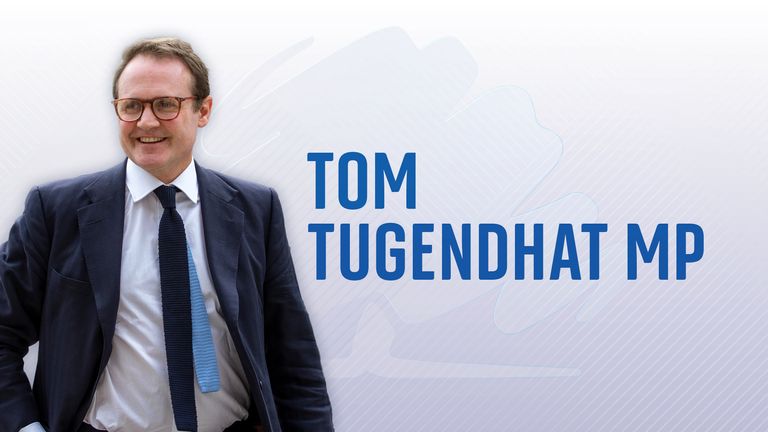
Mr Tugendhat is regarded highly among the One Nation group of moderate Tory MPs.
He previously ran to be Tory leader after Mr Johnson was ousted, but was knocked out of the race early and later threw his support behind Ms Truss.
He held his seat of Tonbridge in Kent.
Mr Tugendhat is notable for his hawkish stance on China, although this became more muted once he entered government.
He is also a former soldier.

Lord Cameron was brought in by Mr Sunak to be foreign secretary in the dog days of the Conservative administration, in what was a shock return to frontline politics following his resignation as prime minister in 2016 following the EU referendum.
A return as party leader would be even more of a shock – and should be viewed as a remote possibility at this stage.
It is unclear how much support the former PM would get in a vote among Tory members, but he may be seen as a steadying hand.
The 2024 election has shattered records.
There has been a 20-point drop in the Conservative national vote – shattering the previous post-war record established by the Liberal Democrats in 2015 after its painful crash out of the coalition.
This is the first time in the modern era that it has fallen below 30%.
While he is not an MP, he could technically still lead the Conservatives as a member of the Lords.
The last time a peer led the party on their own was in the late 19th century, under the third Marquess of Salisbury.